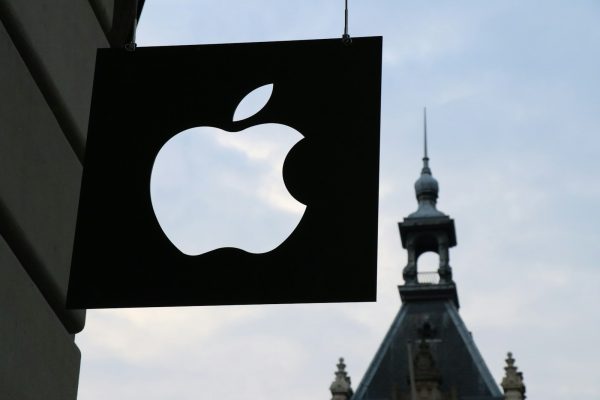As one of the most prestigious technology firms globally, Apple is renowned for its commitment to innovation, quality products, and rigorous hiring standards. For job seekers aiming to join the ranks of this tech giant, a blend of technical skills, understanding of the company’s values, and interview preparation is essential. Sheldon Chi, a former engineer at Google and the creator of System Design School, has shared valuable tips for candidates looking to make their mark in Apple’s competitive hiring landscape.
First and foremost, candidates must develop an in-depth knowledge of Apple’s product lineup. From iPhones to MacBooks, a thorough understanding of the technical specifications and user experience philosophy is vital. Chi advises candidates to be prepared to discuss how Apple’s products have influenced the tech industry and solved real-world challenges. “Demonstrating passion for the company’s innovations is key,” he emphasises.
In addition to product knowledge, aligning with Apple’s culture and core values is crucial. The company seeks individuals who embody creativity, innovation, and a commitment to excellence. Understanding Apple’s focus on customer experience and environmental responsibility can set a candidate apart. Chi suggests that candidates articulate how their personal values resonate with Apple’s mission during the interview process.
Behavioural interview questions are another significant aspect of Apple’s hiring strategy. These questions are designed to evaluate how candidates handle various workplace scenarios and interact with colleagues. To prepare effectively, Chi recommends using the STAR method—situation, task, action, and result—to structure responses. “This method provides a clear framework for articulating past experiences,” he states.
Technical proficiency is also paramount. Candidates should demonstrate a solid mastery of data structures and algorithms (DSA), as these topics are often central to Apple’s technical interviews. Understanding core concepts such as arrays, linked lists, trees, and algorithms for sorting and searching is critical. Chi encourages candidates to not only implement these concepts but also to explain the reasoning behind their choices.
For those preparing for coding challenges, Chi suggests utilising platforms like LeetCode. “Practice is essential for success,” he notes. Candidates should focus on solving problems related to arrays, trees, and dynamic programming, as these areas are commonly tested in interviews.
Moreover, applicants must be prepared to navigate system design challenges. These require a holistic understanding of how to design scalable and robust systems that can support millions of users. Candidates should be ready to explain their thought processes in architecting systems, considering factors such as data storage, fault tolerance, and load balancing.
Finally, Apple values leadership and initiative across all roles, not just management positions. Candidates should be prepared to share examples of leadership experiences, showcasing how they have taken ownership of projects and driven them to success. Chi asserts, “Apple seeks self-starters who inspire others and proactively address challenges.”
In conclusion, Sheldon Chi stresses that Apple is not solely looking for technical excellence but for candidates who can contribute to the company’s overarching mission of enhancing the user experience through technology. By understanding Apple’s culture and excelling in technical challenges, aspiring employees can improve their chances of securing a role at this iconic tech company.



